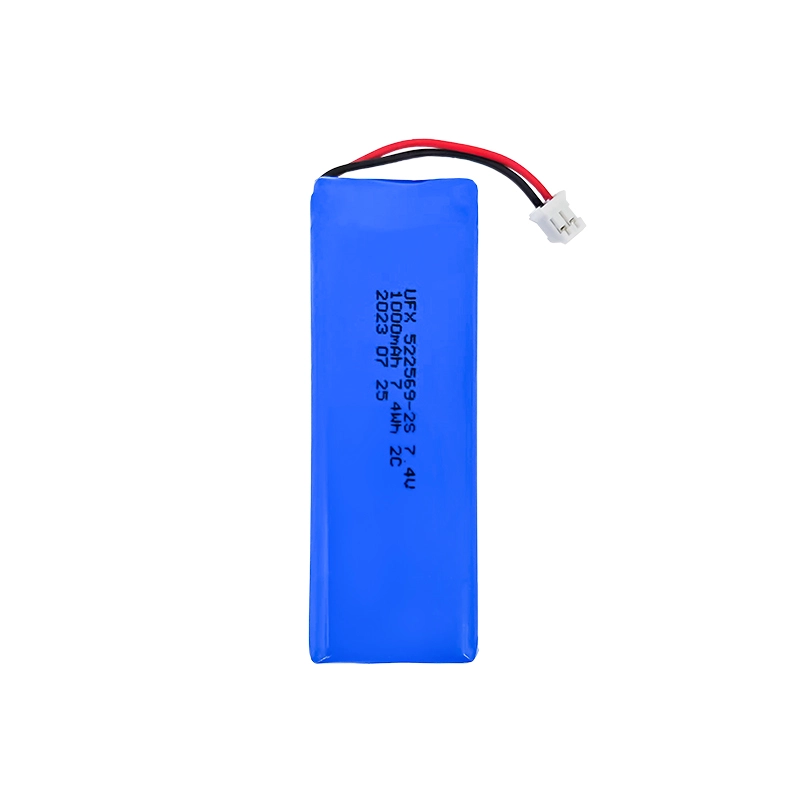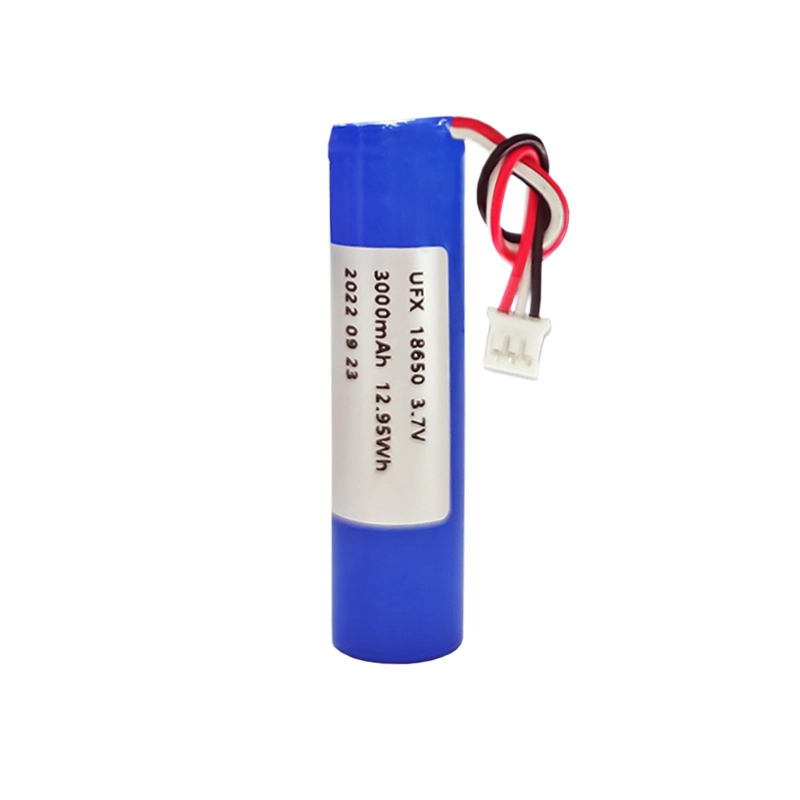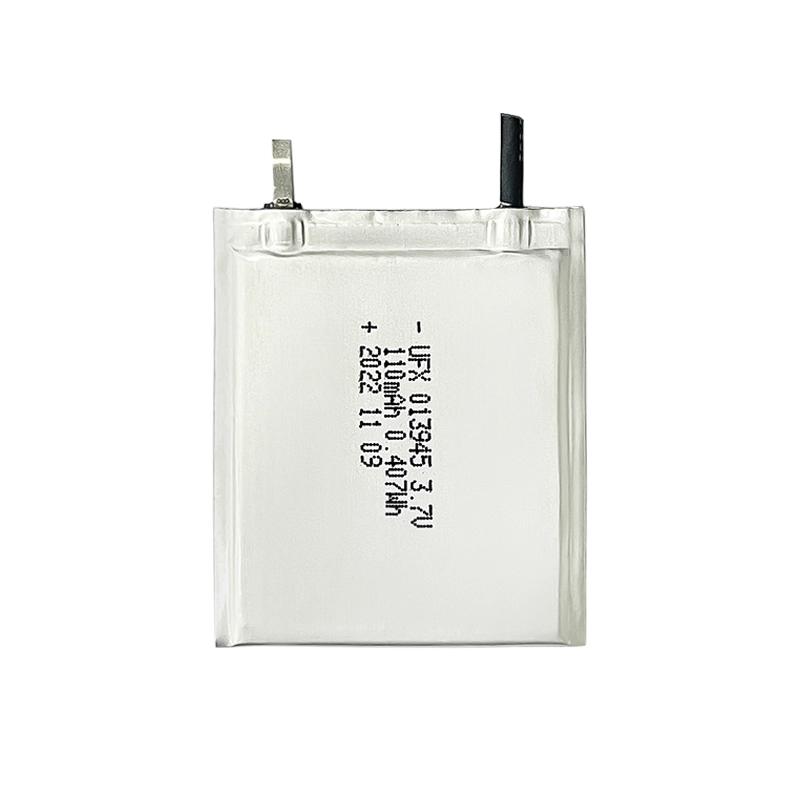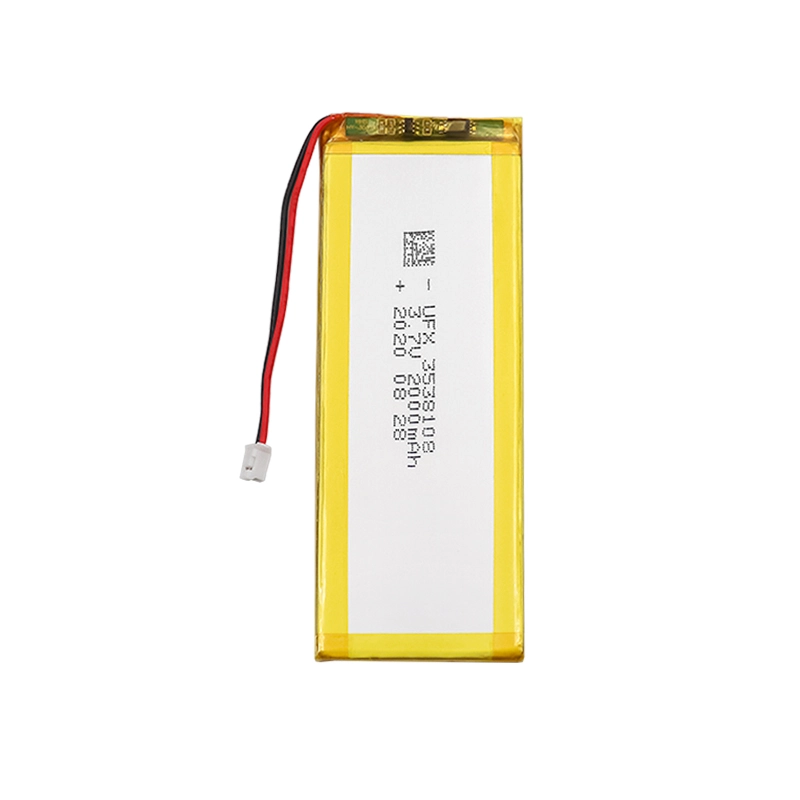
The Best High And Low Temperature Resistant Camera Lithium Battery
In the world of photography, having a reliable and long-lasting camera battery is essential for capturing those priceless moments. When it comes to choosing the perfect power source for your camera, look no further than the versatile and high-performance lithium battery.
Why choose lithium battery as a camera battery?
- Longevity: Lithium batteries are renowned for their exceptional lifespan, allowing you to shoot for extended periods without worrying about sudden power failures.
- Lightweight and Compact: With their compact size and lightweight design, lithium batteries provide ease of use and portability, making them ideal for photographers on the go.
- High Energy Density: Compared to other battery types, lithium batteries offer a higher energy density, translating into longer shooting sessions without the need for frequent recharging.
Features of camera lithium battery
- Fast Charging: Camera lithium batteries boast quick charging capabilities, minimizing downtime between shoots and ensuring you never miss a crucial moment.
- Enhanced Safety: These batteries come equipped with advanced safety features such as built-in protection against overcharging, overheating, and short circuits.
- Wide Temperature Range: Camera lithium batteries perform optimally across a broad temperature spectrum, from freezing cold winter landscapes to scorching hot desert scenes.
How long does a camera lithium battery last?
The duration of a camera lithium battery’s lifespan can vary depending on factors like usage patterns, camera settings, and environmental conditions. On average, a fully charged lithium battery can power a camera for several hours of continuous shooting.
Voltage and capacity of camera lithium battery
Camera lithium batteries typically have a voltage rating of 7.2V or 7.4V, ensuring compatibility with various camera models. As for capacity, they range from around 1000mAh to over 3000mAh, providing ample power for extended shooting sessions.
How to choose a camera lithium battery manufacturer?
- Reputation and Experience: Look for a manufacturer with a proven track record in producing high-quality lithium batteries for cameras.
- Compatibility: Ensure that the manufacturer offers batteries compatible with your specific camera model.
- Certification: Opt for a manufacturer that meets industry standards and holds relevant certifications, guaranteeing product safety and performance.
- Customer Reviews: Read reviews and testimonials from other companies to gauge customer satisfaction and reliability.
With their longevity, lightweight design, and exceptional performance, camera lithium batteries are the preferred choice for companies in need of reliable and efficient power sources. By considering the features, battery lifespan, voltage, capacity, and reputable manufacturers, you can confidently choose the best camera lithium battery for your business’s specific needs.
High Energy Density
It stores large amounts of energy in a smaller and lighter package
Longer Cycle Life
Withstands extensive charge and discharge cycles
Low Self-Discharge
Maintains power longer when not in use
Safety
Minimizes the risk of accidents and ensures safe operation
More Information About Camera Battery
-
How safe are Ufine batteries?
-
Can these batteries be used in portable electronic devices?
-
How long does it take to fully charge a lithium battery?
-
How long can a lithium battery work?
Latest Blogs
About Lithium Battery Industry News
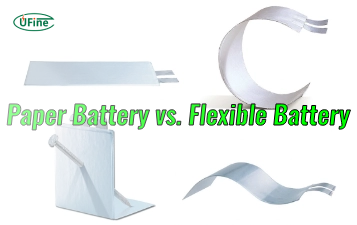
Paper Battery vs. Flexible Battery: What’s the Difference and Which Is Better?
Paper vs. flexible batteries: learn the key differences, benefits, and which power source fits best for wearables, sensors, and smart tech.
2025/04/11 Ufine

What to Know Before Buying a Tiny LiPo Battery for Your Project
Tiny LiPo batteries are powerful and compact. Learn how to choose the right one for your project with specs, safety, and charging tips.
2025/04/11 Ufine

Bloated LiPo Battery: Will It Explode?
Will a bloated LiPo battery explode? Discover the causes, risks, safety steps, and expert tips to avoid disaster and protect your gear. Must-read safety guide!
2025/04/10 Ufine
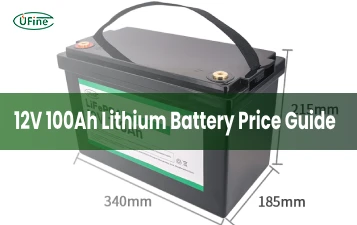
12V 100Ah Lithium Ion Battery Price: Full Guide
Learn about 12V 100Ah lithium-ion battery price, from cost ranges to best brands, hidden fees, and how to get the best deal. A must-read for smart buyers!
2025/04/10 Ufine

Resistance and Conductivity: What It Means for Your Lithium Batteries
Resistance and conductivity impact lithium battery performance, lifespan, and safety—learn how they work and why they matter.
2025/04/10 Ufine

What Is a Semi Solid State Battery and Why Should You Care?
Semi-solid-state batteries combine safety and high energy density, making them ideal for EVs, electronics, and future energy storage.
2025/04/10 Ufine

